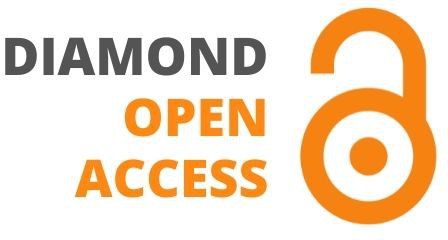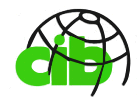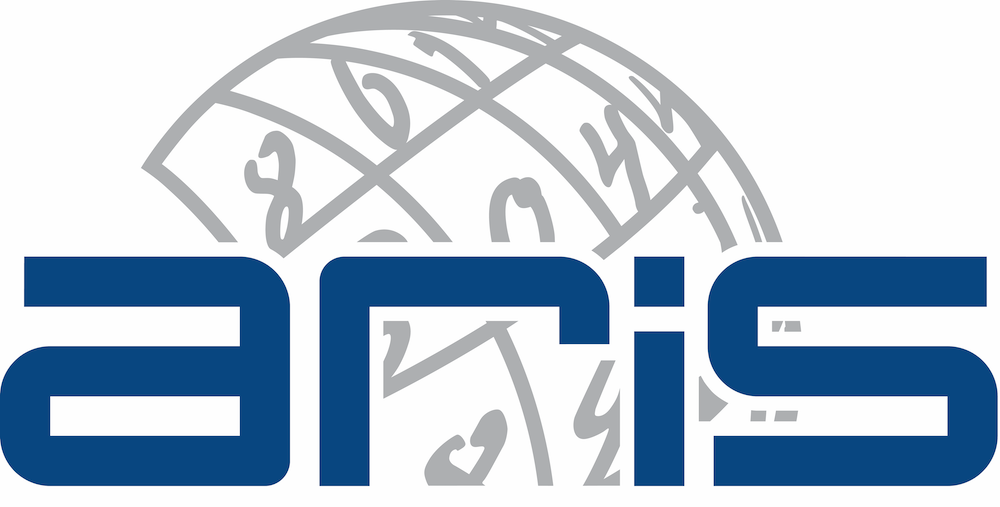Journal of Information Technology in Construction
ITcon Vol. 14, pg. 48-58, http://www.itcon.org/2009/6
Information technology as boundary object for transformational learning
| submitted: | October 2008 | |
| revised: | March 2009 | |
| published: | March 2009 | |
| editor(s): | Ruikar K, Emmitt S | |
| authors: | Daniel Forgues, Professor Department of Construction Engineering, École de Technologie Supérieure Montreal, Canada daniel.forgues@etsmtl.ca Lauri Koskela, Professor School of the Built Environment, University of Salford, UK l.j.koskela@salford.ac.uk Albert Lejeune, Professor Department of management & technology, Université du Québec à Montréal Montreal, Canada lejeune.albert@uqam.ca | |
| summary: | Collaborative work is considered as a way to improve productivity and value generation in construction. However, recent research demonstrates that socio-cognitive factors related to fragmentation of specialized knowledge may hinder team performance. New methods based on theories of practice are emerging in Computer Supported Collaborative Work and organisational learning to break these knowledge boundaries, facilitating knowledge sharing and the generation of new knowledge through transformational learning. According to these theories, objects used in professional practice play a key role in mediating interactions. Rules and methods related to these practices are also embedded in these objects. Therefore changing collaborative patterns demand reconfiguring objects that are at the boundary between specialized practices, namely boundary objects. This research is unique in presenting an IT strategy in which technology is used as a boundary object to facilitate transformational learning in collaborative design work. | |
| keywords: | information technology, integrated design, boundary objects, innovation, social learning | |
| full text: | (PDF file, 0.474 MB) | |
| citation: | Forgues D, Koskela L, Lejeune A (2009). Information technology as boundary object for transformational learning. Journal of Information Technology in Construction (ITcon), 14, Special issue Technology Strategies for Collaborative Working, 48-58. https://www.itcon.org/2009/6 |





